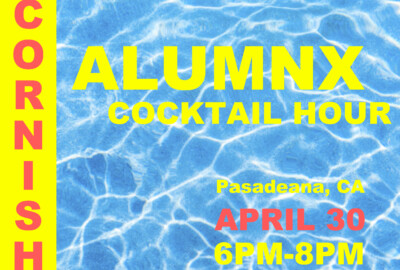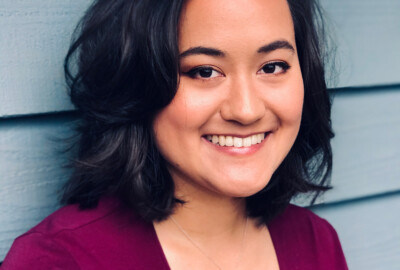Cornish Alumni GroupsBrowse All
-
active 8 months, 1 week ago6 members
-
active 3 years, 1 month ago1 member
-
active 11 months, 2 weeks ago8 members
-
active 7 months, 2 weeks ago2 members
-
active 3 years, 6 months ago2 members
-
active 1 year, 11 months ago5 members
-
active 3 years, 4 months ago5 members
-
active 2 years, 2 months ago12 members





